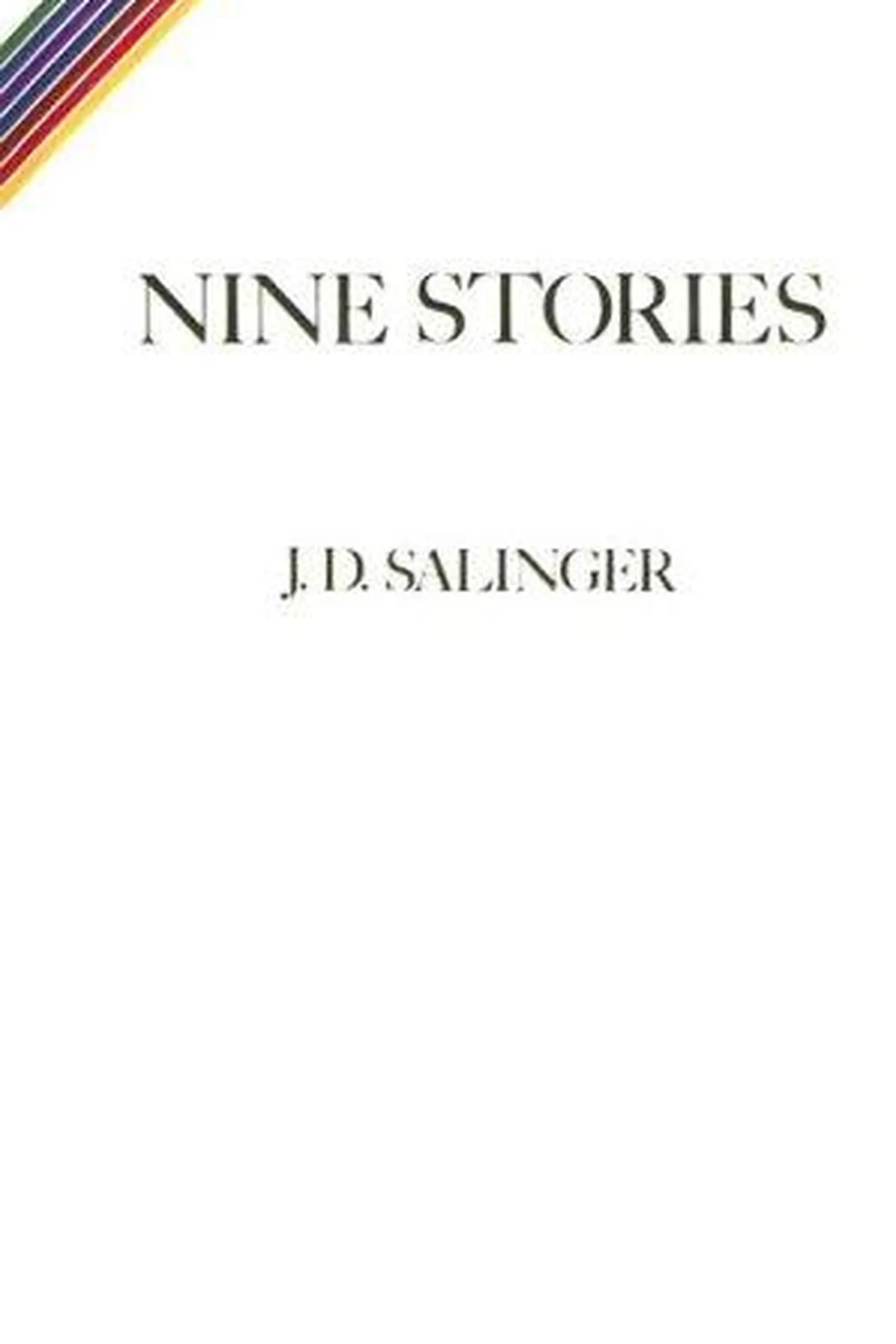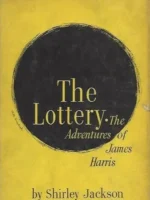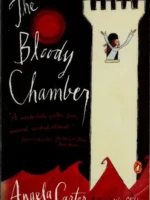Nine Stories Review
About
Published in 1953, J.D. Salinger’s Nine Stories is a collection that captures the pain and purity of postwar America with the precision of a scalpel. Best known for “A Perfect Day for Bananafish,” the book explores innocence, trauma, and spiritual confusion. Salinger’s tone shifts from comic to tragic within a single line, and his dialogue—elliptical, anxious, true—reveals what people cannot say out loud. These stories are quiet detonations beneath polite surfaces.
Overview
The collection includes “For Esmé—with Love and Squalor,” a wartime story about connection and recovery; “Uncle Wiggily in Connecticut,” a portrait of suburban disillusionment; and “Teddy,” a philosophical fable about enlightenment and mortality. Across the stories, Salinger’s recurring preoccupations emerge: damaged soldiers, precocious children, and adults adrift in the machinery of comfort. His style—at once tender and unsparing—suggests that understanding is both impossible and necessary.
Summary
(light spoilers) In “A Perfect Day for Bananafish,” Seymour Glass returns from war seemingly calm, but beneath his serenity lies unspoken despair. His interaction with a child on the beach—gentle, strange, and pure—contrasts brutally with the story’s abrupt ending. “For Esmé—with Love and Squalor” offers a mirror image: a soldier finds healing through a child’s kindness. “Teddy,” the final story, closes on ambiguity—an enlightened child speaking of reincarnation just before tragedy strikes. The stories don’t resolve; they hum with loss and clarity. Salinger’s genius lies in suggesting that innocence isn’t a stage of life but a wound time never fully heals.
Key Themes / Main Ideas
• Innocence and corruption — purity confronting experience.
• War and trauma — invisible wounds beneath civility.
• Spiritual longing — modern life’s hunger for meaning.
• Communication — the ache of not being understood.
• The Glass family — intellect and fragility intertwined.
Strengths and Weaknesses
• Strengths — Extraordinary dialogue, emotional authenticity, and moral subtlety.
• Strengths — Salinger’s voice—half prayer, half nervous laughter—remains singular.
• Weaknesses — The tone can feel too opaque; meaning hides between the lines.
• Weaknesses — Some stories lean on philosophy more than narrative drive.
Reviewed with focus on themes, audience, and takeaways — J.D. Salinger
| SKU: | BOOK-dASdvM |
|---|---|
| Category: | Short Stories |
| pa_author | J.D. Salinger |
|---|---|
| ISBN | 978-4-545-43362-6 |
| pa_year | 1984 |
| Pages | 142 |
| Language | English |
Related products
-
Men Without Women, Haruki Murakami, 2014
- Author: Haruki Murakami
- Genre: Short Stories
- Publisher: Alfred A. Knopf
- Publication Year: 2017
- Pages: 240
- Format: Paperback
- Language: English
- ISBN: 978-0385352123
- Rating: 3,9 ★★★★☆
-
The Lottery, Shirley Jackson, 1948
- Author: Shirley Jackson
- Genre: Short Stories
- Publisher: Farrar, Straus and Giroux
- Publication Year: 1949
- Pages: 32
- Format: Paperback
- Language: English
- ISBN: 978-0374529920
- Rating: 4,0 ★★★★☆
-
The Bloody Chamber, Angela Carter, 1979
- Author: Angela Carter
- Genre: Short Stories
- Publisher: Vintage Classics
- Publication Year: 1979
- Pages: 256
- Format: Paperback
- Language: English
- ISBN: 978-0140178210
- Rating: 4,1 ★★★★☆
-
Dubliners, James Joyce, 1914
- Author: James Joyce
- Genre: Short Stories
- Publisher: Penguin Classics
- Publication Year: 1914
- Pages: 288
- Format: Paperback
- Language: English
- ISBN: 978-0143107453
- Rating: 4,0 ★★★★☆
-
Interpreter of Maladies, Jhumpa Lahiri, 1999
- Author: Jhumpa Lahiri
- Genre: Short Stories
- Publisher: Houghton Mifflin
- Publication Year: 1999
- Pages: 198
- Format: Paperback
- Language: English
- ISBN: 978-0395927205
- Rating: 4,1 ★★★★☆
-
Tenth of December, George Saunders, 2013
- Author: George Saunders
- Genre: Short Stories
- Publisher: Random House
- Publication Year: 2012
- Pages: 272
- Format: Paperback
- Language: English
- ISBN: 978-0812984255
- Rating: 4,1 ★★★★☆







